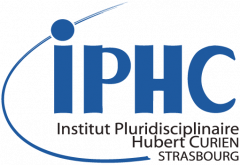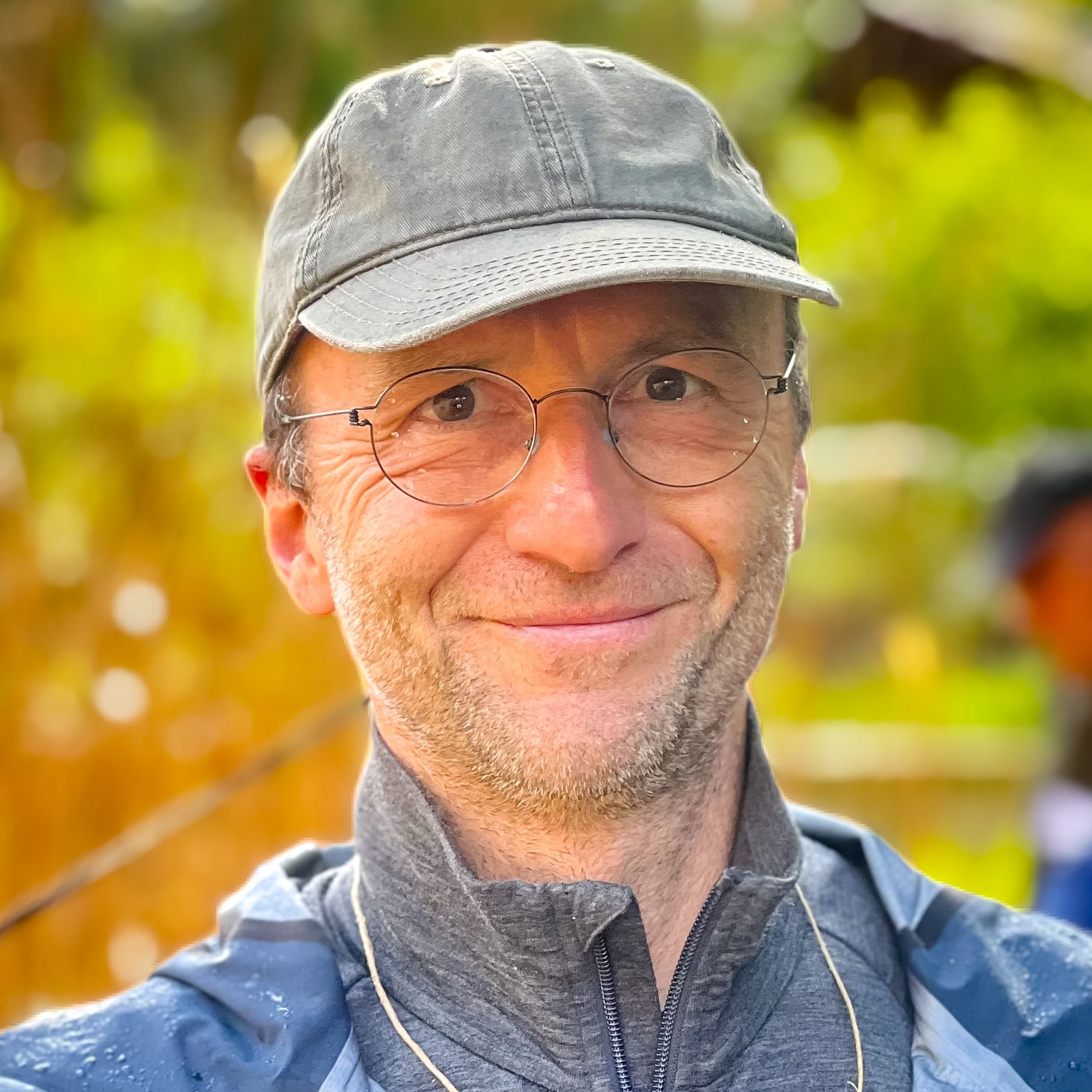IPHC-DEPE
23 rue du loess – BP 28
F-67037 Strasbourg
Phone: +33 3 88 10 74 59
E-mail: jean-yves.georges@iphc.cnrs.fr
I am Directeur de Recherche at CNRS, studying the adaptive strategies in animal species in the context of global change. My research is based 1) on animal ecophysiology and behavioural ecology with a focus on species of conservation or management concerns, and 2) on global ecology of wetlands, in natural, rural and urban systems. In short, my research aims at answering to the question: what kind of nature tomorrow?
Research
I develop both crossdisciplinary (merging natural, engineer and humanities/social sciences) and trandisciplinary (co-constructing fundamental and action-oriented research with land managers) research for an integrative understanding of wetland socio-ecosystems functioning. My research is based on state-of-the-art methods in 1) animal behavioural ecology (e.g., biometry, animal-borne autonomous data-loggers, telemetry), 2) population monitoring (e.g., capture-mark-recapture, camera-traps), 3) ecosystem functioning (e.g., biodiversity monitoring, environmental genomics, food web, bioclimatic modeling), and 4) multispecies anthropology and sociology (semi-directed interviews and online surveys).
I focus on species of conservation or management concerns, from threatened to invasive alien species (e.g., crayfish, amphibians, reptiles). The ultimate goal of my research is to assess species survival capacities in the context of global change, for providing scientific based knowledge to decision makers, land managers and politics for sustainable management of habitats and biodiversity.
My current research is mainly led through the Long-term Study in Ecology and Evolution (SEE-Life) programme of CNRS on the DE-FR cross-bordering site of Neu-Woerr (Lauterbourg-Neuburg am Rhein) and through national and pan-European international collaborations.
Management
Coordinator of
- Long-term Studies in Ecology and Evolution (SEE-Life) program of CNRS at Neu Woerr
- Biodiversa-WaterJPI funded Emys-R https://emysr.cnrs.fr
- Director Zone Atelier Argonne https://zarg.fr
- Urban Nature Group of the Zone Atelier Environnementale Urbaine
Expert for
- Woerr Sensible Natural Reserve (Lauterbourg)
- Petite Camargue Alsacienne National nature Reserve (Saint-Louis)
- Regional Biodiversity Committee (Région Grand-Est)
- BiodivRestore Knowledge Hub (Biodiversa)
Major currently led research projects
- 2024-today : ZARG-Amphib (Project leader, funded by Zone Atelier Rurale Argonne, ZARG): Multi-scale modeling of amphibians in Argonne, climatic refuges and management and conservation perspectives.
Coll. : CERFE, GEGENA UR3795, Université Reims Champagne Ardenne, Fondation François Sommer, I. I. Schmalhausen Institute of Zoology, National Academy of Sciences of Ukraine (UA)
- 2023-2027: Long-term Studies in Ecology and Evolution (SEE-Life) program of CNRS at Neu Woerr (Project leader, funded by CNRS): This long-term monitoring based on a transdisciplinary participatory action-research approach on the FR-DE cross-bordering site of Neu-Woerr (Lauterbourg-Neuburg am Rhein), assesses the ecological processes involved in the restoration of wetlands, the drivers of species reintroduction success (with the case of the European pond turtle) and related risks such as biological invasions. Using monitoring of biodiversity, environmental quality, species adaptation capacities and assessment of alternative governance schemes, See-Life neu-Woerr contributes to building scenarios to understand the impacts of global changes on socio-ecosystems and guide appropriate and sustainable decision-making.
Coll.: LIVE UMR7362, ENGEES GESTE UMR MA8101, Justus Liebig University Giessen (DE), Daugavpils University (LV), Gdansk University (PL), Collegium Civitas (PL), Collectivité européenne d’Alsace, Landkreis Germesheim (DE), I. I. Schmalhausen Institute of Zoology, National Academy of Sciences of Ukraine (UA)
- 2022-2025: EMYS-R (Project leader, funded by BIODIVERSA+ Water JPI): The Emys-R program is a European-wide extension of the Emys@lsace program. It proposes a socio-ecological assessment of wetland restorations in favor of the reintroduction of the European pond turtle and associated biodiversity through a pan-European approach. Emys-R is a transdisciplinary participatory action-oriented research project which aims to identify and establish, on a European scale, the most effective, socially accepted, wetland restoration methods for the sustainable maintenance of the European pond turtle and associated species. More on our website www.emysr.cnrs.fr.
Coll.: LIVE UMR7362, ENGEES GESTE UMR MA8101, Justus Liebig University Giessen (DE), Daugavpils University (LV), Gdansk University (PL), Collegium Civitas (PL), Collectivité européenne d’Alsace, Landkreis Germesheim (DE), Nature and Biodiversity Conservation Union NABU Rhineland-Palatinate (DE), I. I. Schmalhausen Institute of Zoology, National Academy of Sciences of Ukraine (UA)
- 2020-today: HUMANIMALcITY (Project leader, funded by Zone atelier Environnementale Urbaine, ZAEU): By extension of the TortuEEES program and my involvement in the animation of the Zone Atelier Environnementale Urbaine, I seek to characterize human/non-human relational processes in an urban environment through a plural approach of action research based on urban ecology, multispecies anthropology and urban geography.
Coll.: GESTE UMR MA8101, SAGE UMR 7363, Ville Eurométropole de Strasbourg
- 2017-today: TortuEEES (Project leader, funded by Zone atelier Environnementale Urbaine, ZAEU): The TortuEEES program comes from a reflexive process about the socio-ecological reasons and consequences of the presence of exotic turtles in the public parks of the city of Strasbourg, while the local council (Collectivité européenne d’Alsace) is orchestrating a reintroduction program for the European pond turtle few kilometers away. TortuEEES aims to quantify the presence of aquatic turtles in Strasbourg’s public parks and the consequences on the knowledge, representations and opinions of users and managers in order to provide decision-making support to the city. The resulting reflexive approach has led to develop transdisciplinary research on the question of human/non-human relations, combining sociology and multi-species anthropology and philosophy.
Coll.: Centre Gilles Gaston Granger UMR 7304, Ville Eurométropole Strasbourg
- 2014-2018: Global Ecology Study Site of Woerr / Site d’Etude en Ecologie Globale du Woerr (Project leader, funded by CNRS)
- 2012-today: Emys@lsace (Project leader, funded by CNRS, Collectivité européenne d’Alsace): Since 2012, the Local Council (Collectivité européenne d’Alsace) has been orchestrating a reintroduction initiative of the European pond turtle in a restored wetland located on the Franco-German border, in Alsace, in Lauterbourg: the Woerr site. Since 2012, I am coordinating a long-term program aimed at characterizing the major interactions induced by the actions carried out in favor of the pond turtle in Alsace, and their dynamics in the socio-ecosystem.
Coll.: Justus Liebig University Giessen (DE), Collectivité européenne d’Alsace
- 2007-2010: MIRETTE (Project leader, funded by ANR-JCJC): Migration and Reproduction in marine Turtles, Ecophysiological Trajectories
- 2007-2010 : ESTVOI (ANR)

